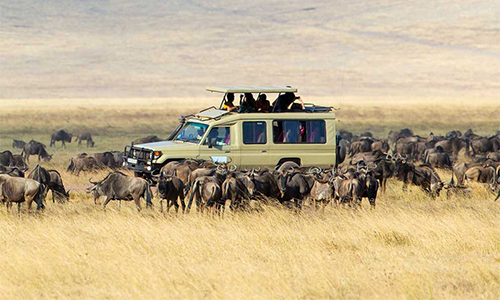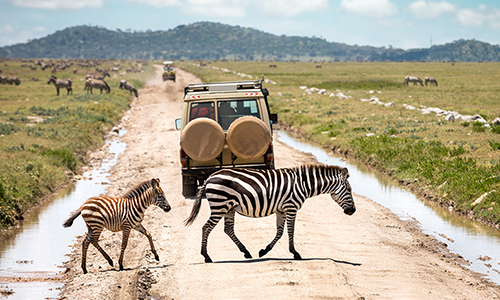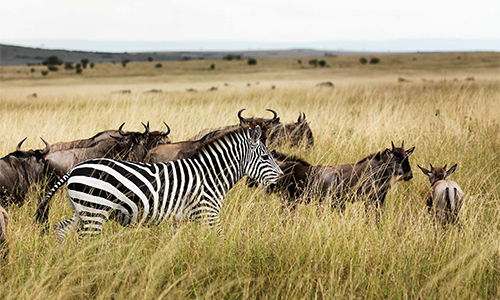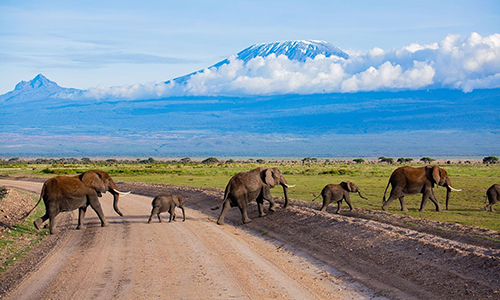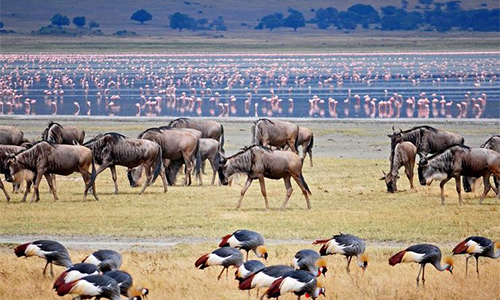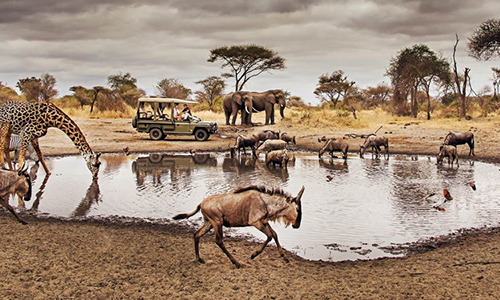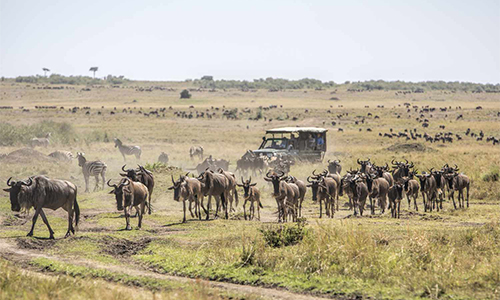Kenya & Tanzania Safaris
Kenya & Tanzania Safaris
Kenya & Tanzania Safaris
(Kenya & Tanzania Combined Safaris, Kenya & Tanzania Safaris Private Safari Packages, Kenya & Tanzania Safaris)
While on safari doing a Combined Kenya & Tanzania Safari, you are exposed to a wider range of wildlife and bird sightings. A visit to some of the major parks and reserves such as Amboseli National Park and Samburu National Park in Kenya, with ensure you spot different wildlife species from What you will see in Tanzania Serengeti National Park and the Ngorongoro Crater.
Kenya & Tanzania Safaris
City Sightseeing Tours offers best adventure experience at both affordable and expensive prices. A seemingly endless array of possibilities is created by cheap and luxurious accommodation and favorable transport options. We offer safaris depending on our clients budget. Whether it is an individual or a couple. Packages are made to most clients needs and requirement.
These packages can be under different titles like: Private Safari Tours, Budget Private Lodge Safari, Kenya Private budget camping, Kenya Private adventure safari , safari holiday, vacations in Kenya and Private lodge safari
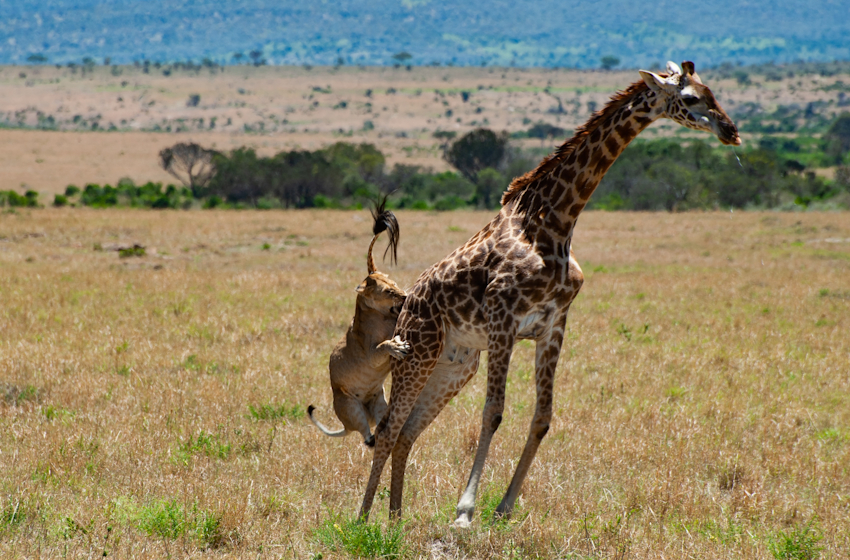
Featured Itineraries: Kenya & Tanzania Safaris
FAQ’S ABOUT KENYA SAFARI AND BEST TIMES TO GO FOR A SAFARI
Where to Go in Kenya?
The Masai Mara is where to go in Kenya for the dramatic wildebeest migration but there’s a great deal more to this East African country. Other classic big game destinations such as Amboseli and Tsavo are easily accessible as is the recently opened-up Laikipia Plateau region.
And after the drama of a Kenya safari, what could be better than a few lazy days on a white-sand beach? Kenya’s tropical coast offers everything from buzzing resorts to exclusive island hideaways making the country ideal for safari and beach vacations.
What are the Popular Routes Where Wildlife Viewing Is a Major Part of the Tour?
Kenya has no obvious safari routes, but there are clusters of parks that can easily be visited together. The country is relatively compact, so one can ‘mix and match’ to take in some of the highlights that don’t make an official circuit.
Most people fly into Nairobi’s Jomo Kenyatta International Airport (NBO) and make connections from there (out of the domestic Wilson Airport). Whichever circuit is chosen, one can always add a return flight from Nairobi to the Masai Mara, which should definitely be on every itinerary.
Southwest Safari Circuit
The southwest offers some of Kenya’s premier and most popular wildlife viewing.
Destinations:
Southeast Safari Circuit
If you’re planning a beach holiday, there are several options for a safari add-on. These parks are easily reached by car from any of the coastal resorts around Mombasa and Watamu or from Nairobi.
Destinations:
Central and Northern Safari Circuit
The area is altogether more rugged and remote than its southern counterpart and offers excellent wildlife viewing.
Destinations:
What is the best time to go on safari in Kenya?
A diverse geography means a variable climate across the country but Kenya is considered a year-round destination for both safaris and beach holidays.
Most Kenya safari destinations are at their best between January and the end of March; the climate is mild, mostly dry and game viewing is at its peak. Naturally, this time is considered the best time to go to Kenya on safari but a rainy season.
Visit – between mid-March to June and again between October and December – is well worth considering in order to avoid the peak-season crowds and to take advantage of cheaper, off-season rates on accommodation and tours.
When is the dry season in Kenya?
Generally, the best time to visit Kenya is in either of the two dry seasons, from January to March or July to October. Given the nature of the dry season, wildlife spotting is at its best at this time.
Vegetation is sparser, making distance viewing a lot easier. Plus, the animals tend to gather around waterholes as well as rivers and lakes, so finding them is also much easier.
Best Time to Visit Kenya’s Beaches
The coastal regions of Kenya, from Diani and Mombasa to Malindi and the northern islands of the Lamu Archipelago, tend to experience hot and humid weather year-round. However, temperatures and rainfall are at their highest between mid-March and May, so if you’re planning a beach break with your safari in Kenya, consider visiting outside of these months.
Those keen on snorkeling or diving should visit in the months of October, November and March for the clearest seas. Local marine life includes crabs, starfish, turtles and a variety of colourful corals. But Kenya’s tropical waters are also famous for hosting migrating whale sharks, particularly around Diani Beach. Between October to April, whale shark safaris give you the chance to see these gentle giants in an unspoilt environment.
Best Time to Climb Mount Kenya
The best times to climb Mt Kenya and Kilimanjaro tend to be the warmest and driest months – January, February, and September. June, July, and August are also good months. However, temperatures and weather are quite unpredictable, and can change drastically based on the time of day and altitude.
